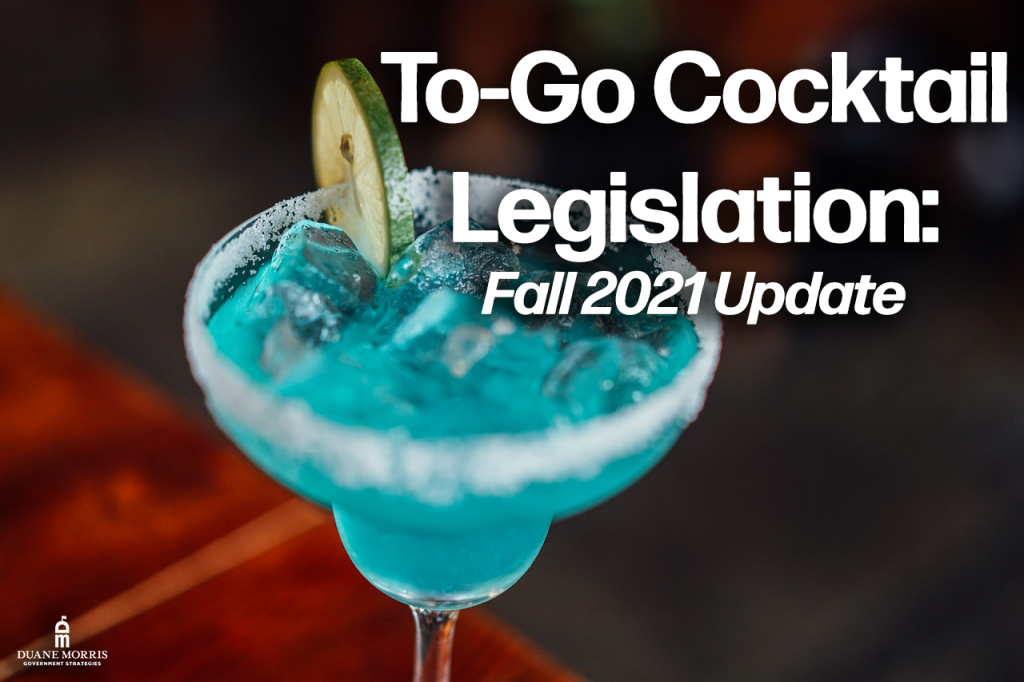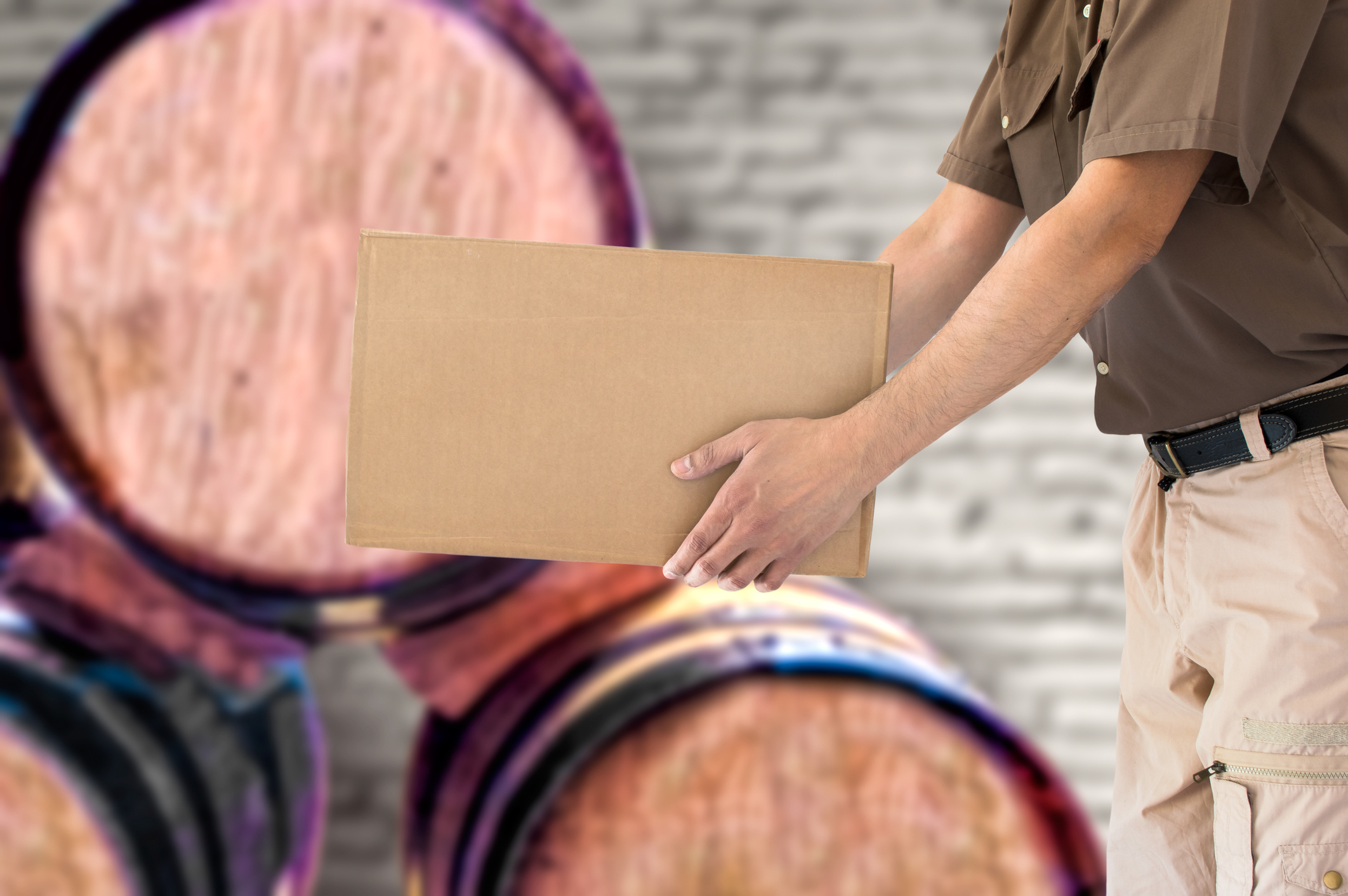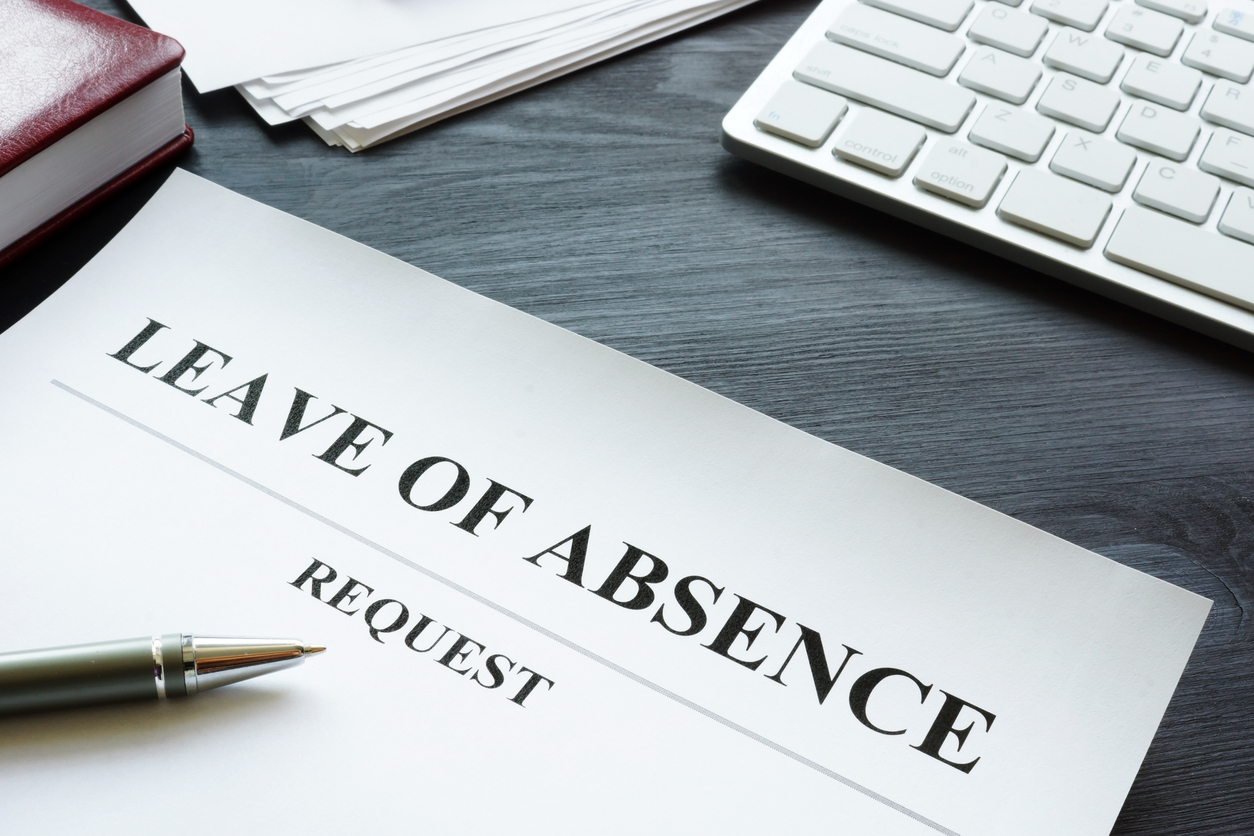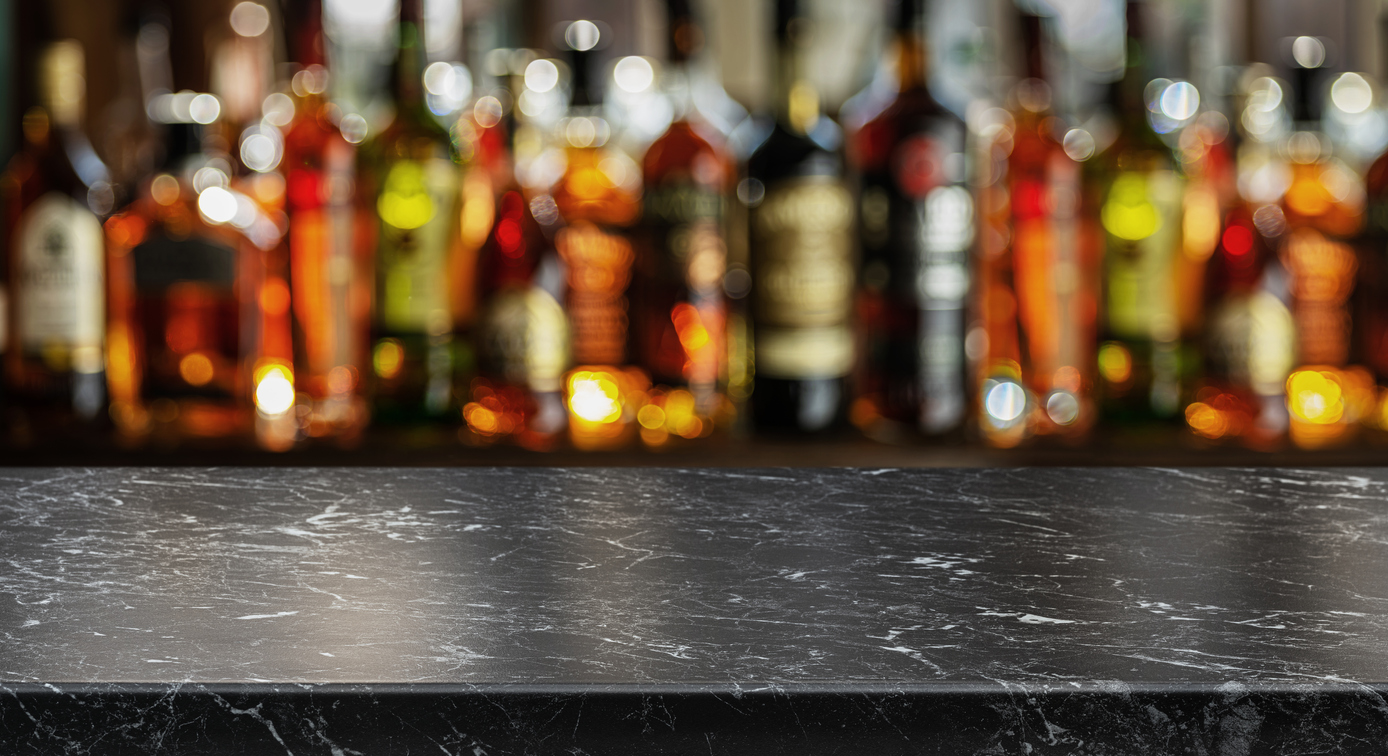It is no secret that the COVID-19 pandemic has harmed the operations of restaurants and bars across the country. During the pandemic, many states have looked to soften their stances on allowing cocktails to be ordered to-go as a way for restaurants and bars to help offset lost revenue from declining patronage. As such, governors have taken various executive actions, and lawmakers have introduced a myriad of to-go cocktail legislation.
Our previous coverage of this topic noted that only two states – Florida and Mississippi – allowed to-go cocktails on a limited basis before COVID-19. Now that the end of 2021 is approaching, more states are looking to extend such flexibilities to the hospitality industry. At least 35 states have now begun allowing restaurants/bars to sell to-go cocktails.
California
On October 8, Governor Gavin Newsom signed Senate Bill 389 into law. Through December 31, 2026, the bill allows specified on-sale licensees to sell distilled spirits for off-sale consumption if the beverages are in prepackaged manufacturer containers and ordered and picked up by the consumer. Alcoholic beverages are also permitted to be sold for off-sale consumption, except for beer, if the alcoholic beverages are in a container with a secure lid or cap that is sealed to prevent consumption without removing said lid or cap by breaking the seal.
The bill also stipulates that wine must be sold in single-serve containers only. Mixed drinks and cocktails sold to-go may not exceed 4.5 ounces of distilled spirits. Alcoholic drinks must be sold in conjunction with a meal and are limited to two drinks per meal. The container must be clearly labeled and identified as containing an alcoholic beverage, and the alcoholic beverages must be ordered and picked up by the consumer.
The to-go cocktail legislation also requires licensees who sell to-go alcoholic beverages to post (e.g., prominently display on-premises, post online, or present in a manner necessary that consumers are given notice) a warning sign stating the following:
- “Alcoholic beverages that are packaged by this establishment are open containers and shall not be transported in a motor vehicle except in the vehicle’s trunk or, if there is no trunk, the containers shall be kept in some other area of the vehicle that is not normally occupied by the driver or passengers. This does not include a utility compartment or glove compartment (See Vehicle Code Section 23225).”
Florida
Governor Ron DeSantis signed SB 148 into law on May 13, allowing for foodservice establishments to sell and deliver beer, wine, and liquor for off-premises consumption, albeit under certain circumstances.
The bill allows establishments possessing a special restaurant license or an SRX license to sell and deliver manufacturer-sealed containers of both beer and wine for off-premises consumption. While the legislation permits SRX license holders to sell and deliver alcoholic beverage drinks prepared and sealed by the licensee or its employee (including win-based and liquor-based drinks) for off-premises consumption, the bill prohibits license holders from selling manufacturer-sealed containers of distilled spirits to-go. The bill also stipulates that any alcoholic beverages sold to-go must be ordered with food.
SB 148 also stipulates that containers for alcoholic beverages sold or delivered to-go for off-premises consumption must not exceed 32 ounces, and drinks must be placed in a secured bag or container to ensure the drinks are not tampered with in any way.
Florida’s new to-go cocktail legislation went into effect on July 1, 2021.
Illinois
In early June, Senate Bill 104 was signed by Governor J.B. Pritzker, extending cocktails to-go, which initially became legal last year temporarily through January 1, 2024.
The to-go cocktail legislation also contains a “shot and a beer” provision. Under this provision, a retail licensee can offer a single drink of alcoholic liquor for free to a customer between 6 PM – 10 PM to anyone who shows proof of vaccination.
Kansas
In May, Governor Laura Kelly signed HB 2137, making to-go cocktails permanent in the state. Under the bill, alcoholic liquor retailers, class A and B clubs, and drinking establishments can sell refillable and sealable containers of beer and CMB (cereal malt beverage) for off-premises consumption. Containers must be between 32 and 64 ounces and be labeled, indicating the licensee’s name and type of alcoholic beverage in the container.
Governor Kelly previously extended such flexibilities through an executive order last year.
Texas
Last year, Governor Greg Abbott originally signed an emergency waiver allowing for alcohol sales to-go, at least temporarily. However, in May of this year, Abbott signed House Bill 1024, making such flexibilities permanent. Now, restaurants with mixed beverage permits and a food and beverage certificate from the Alcoholic Beverage Commission are permitted to sell beer, wine, and cocktails along with food orders purchased for either pickup or delivery, including through third-party delivery services.
The to-go cocktail legislation also requires all alcoholic beverages to be sealed in the original, manufacturer-sealed container or a temper-proof container labeled with the business’s name and labeled “alcoholic beverage” on it. Further, alcoholic beverages not in their original containers cannot be transported in the passenger area of a motor vehicle.
Latest News
In this episode of the Back in Session podcast, hosts Ryan Stevens and Ryan DeMara sit down with Terra McClelland, President of the State Government Affairs Council (SGAC) and Vice President of Government and External [...]
Photo credit: iStock.com/Panuwat Sikham Numerous U.S. states are considering legislation to legalize and expand access to home alcohol delivery, including Kansas, Missouri, Mississippi, and Washington. Proposed measures vary from authorizing home delivery by licensed retailers [...]
Photo credit: iStock.com/designer491 Various kinds of leave exist for workers, such as family leave, sick leave, parental leave, and vacation leave. In addition to these more traditional types of leave, after the Covid-19 pandemic, state [...]
Photo credit: iStock.com/ValentynVolkov In 2020, the total sales of alcoholic beverages exceeded $222 billion in the United States alone. The industry has seen changes in recent years for a few reasons including challenges caused by [...]







Stay In Touch